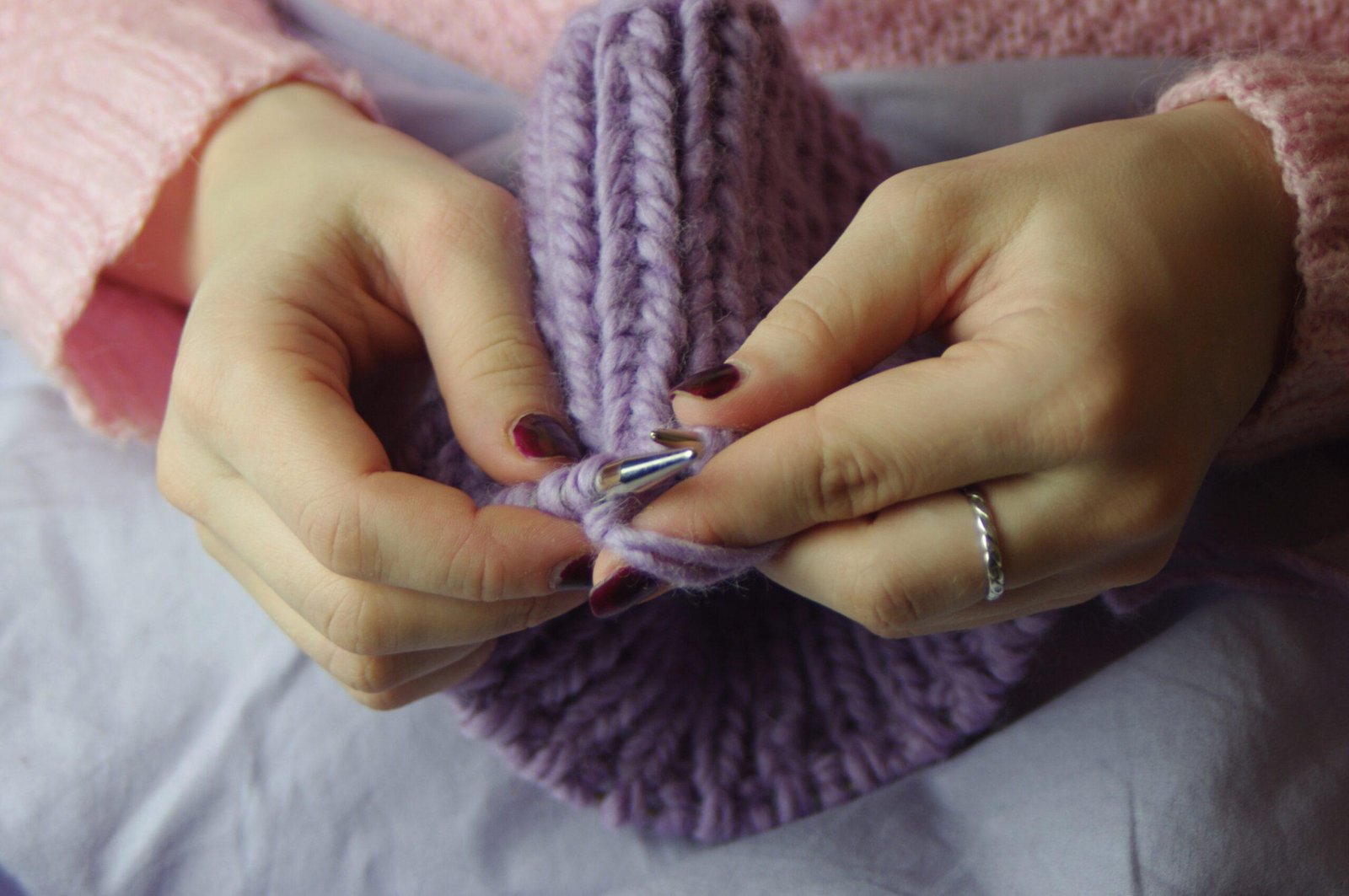Mental health is just as important as physical health, and it’s essential to take steps to stay mentally healthy throughout your life. Whether you have a specific mental illness or disorder or you want to feel more balanced, and in control of your emotions, there are things that we all can do every day to keep our minds in good shape. Continue reading below for ways to improve your mental health.
Routine
Routine is good for your mental health. It can help you feel more in control, productive, and organized. For example, if you get up at the same time every morning, it’s easier to know when it’s time to go running or start your workday. If you have a set route for getting ready, that doesn’t involve rushing around looking for car keys or coffee filters (or worse yet: hair products), being late is less likely to occur because fewer variables could throw off your routine.

East Coast Telepsychiatry – 10 Great Ways to Improve Your Mental Health. Photo of a woman doing exercise at home with her dog.
Exercise
“Exercise is one of the best ways to reduce anxiety levels in adults and children with anxiety disorders,” says Dr. James Gordon, an assistant professor at Columbia University Medical Center. There are many benefits to exercise, including improved sleep and weight management. Even if you’re not looking to lose weight, exercising can help manage stress, and recommended by the American Psychological Association (APA).
According to research from the Mayo Clinic, regular physical activity improves moods and reduces symptoms such as depression or anger. In fact:
- Regular physical activity may double your chances of feeling happy —and even increase life expectancy by up ten years!
- People with little leisure time spent on activities outside work were nearly twice as likely as those with much free time.
Eat Healthily
Eat a balanced diet that includes whole foods, including vegetables and fruits. Avoid processed foods, sugar, and junk food. Try to eat less meat, more vegetables, and fruit.

East Coast Telepsychiatry – 10 Great Ways to Improve Your Mental Health. Woman peacefully sleeping at night.
Sleep
You know the importance of sleep, but you might not realize how much it affects your mental health. Sleep is essential for regulating mood and attention span. It also helps you feel more relaxed and energized in the morning.
When you don’t get enough sleep, it can affect everything from your job performance to relationships with loved ones—and even how well you recover from illness or injury.
Even if this sounds like something that would only matter if there were an apparent physical impact (like being tired all day, there are other ways lack of adequate rest could affect your health:
- Your immune system becomes weaker over time due to chronic lack of sleep; this makes it easier for infections like colds or flu symptoms to infect others around us—and harder for them, too, since our bodies aren’t keeping up!
- Sleep deficiency may reduce medication effectiveness due to insufficient rest;
- The inability to concentrate on tasks requiring focus will lead us to mistakes at work/home etc., which can cause frustration leading us back into negative cycles.
Relaxation
Relaxation is one of the most important things you can do for your mental health. It’s also crucial to our overall well-being, so we all must make time for it.
- Find a quiet place where you won’t be disturbed by anyone or anything else. You might want to sit on your couch or go outside with headphones in, but if they’re bothering someone around you, find another way!
- Take deep breaths and focus on relaxing each part of your body: arms down at sides, back upright; legs relaxed against each other; stomach muscles contracting slowly upward into the chest cavity, and so forth until every muscle works together in unison. Go beyond what feels comfortable! It will help reduce stress levels throughout the rest of your day and during this moment when practicing relaxation techniques like meditation or yoga.

East Coast Telepsychiatry – 10 Great Ways to Improve Your Mental Health. Woman knitting with wool yarn for a hobby.
Hobbies
Hobbies are a great way to relax and unwind. They can be a way to meet new people, make friends, or even find your passion. If you’re not sure what hobbies you enjoy, try some of these ideas:
- Crafts – Whether knitting or painting, there’s something for everyone! You could even sell your creations on Etsy (an online marketplace).
- Sports – Do you like playing sports? If so, practice with others who share your interest in fitness! You’ll have fun while getting exercise too!
- Hobbies That Help You Learn New Skills – For example: if one of your favorite hobbies is cooking, but you have yet to gain much experience in the kitchen.
Why not take classes at the local community college? The classes will teach basic cooking techniques, such as how long foods need to rest between steps before reheating them later that day/weekend, etc. Once appropriately done, repeat step two until done correctly. This process may seem tedious, but worth doing if done correctly because once mastered over time. These skills become second nature which means less stress overall!
Community
When it comes to your mental health, the most important thing is to connect with others. It may mean getting involved with a local community group or organization that helps people in your area or even volunteering at a hospital or school. The more you get out into the world and meet new people, the better off you’ll be—and so will everyone around you!
Socialize
Socializing can be a great way to boost your mental health. It’s easy to get caught up in the day-to-day grind of life, but socializing helps you feel connected to others and less isolated.
You can socialize with people in person or go online using video chat programs like Skype or Google Hangouts. If you live close enough together that it’s not too much of a hassle for everyone involved—and if they’re willing—you should also consider taking walks together!
Self- Care
Self-care is about taking care of yourself. It’s not selfish but essential! Take a moment to think about what activities help you feel good and make life better for the people around you.
Here are some examples of self-care activities:
- Meditating or doing yoga in a quiet place with no distractions
- Spending time with close friends and family members who love and support you
Therapy and Medication
Therapy is a great way to learn how to deal with your mental health problems. You may want to start by seeing a therapist specializing in treating anxiety disorders or depression because these are two of the most common types of mental illness. Medication can help with both of these conditions, especially if you have severe symptoms that don’t respond well to other treatments.
It’s essential to take medication as prescribed by your doctor—following all instructions carefully and taking it as directed (e.g., taking it every day at the same time). It also means not skipping doses when they’re due so that you stay on track with treatment plan goals set out by your doctor and therapist during their visits together!

East Coast Telepsychiatry is Here to Improve Your Mental Health
Sometimes, you have to take care of yourself first. Knowing what you’re dealing with and finding the right way to manage it is essential. But if it’s not working, don’t be afraid to get help. Take care of your body and mind by eating healthy, getting enough sleep and exercise, managing stressors in your life, and taking time out for fun things. These small steps can make a big difference!
At East Coast Telepsychiatry, we understand how challenging mental health struggles can be, but we’re here to help you through them. Schedule an appointment or call us at (843) 299-2033 today.
